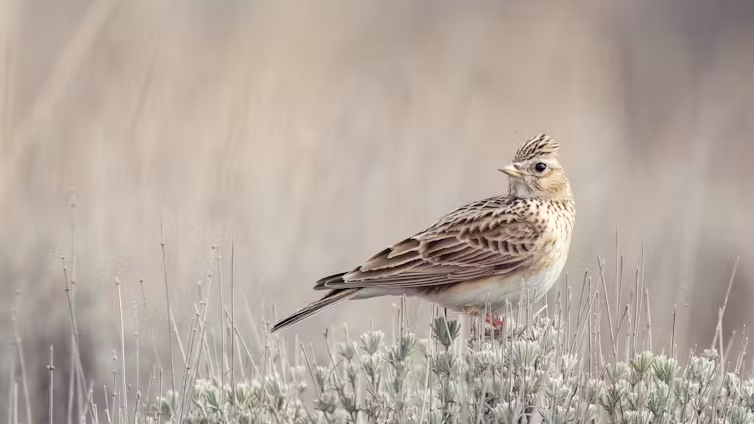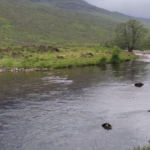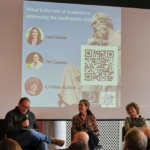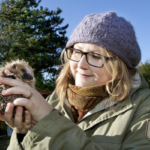Biodiversity Network Coffee Mornings – Michaelmas Term
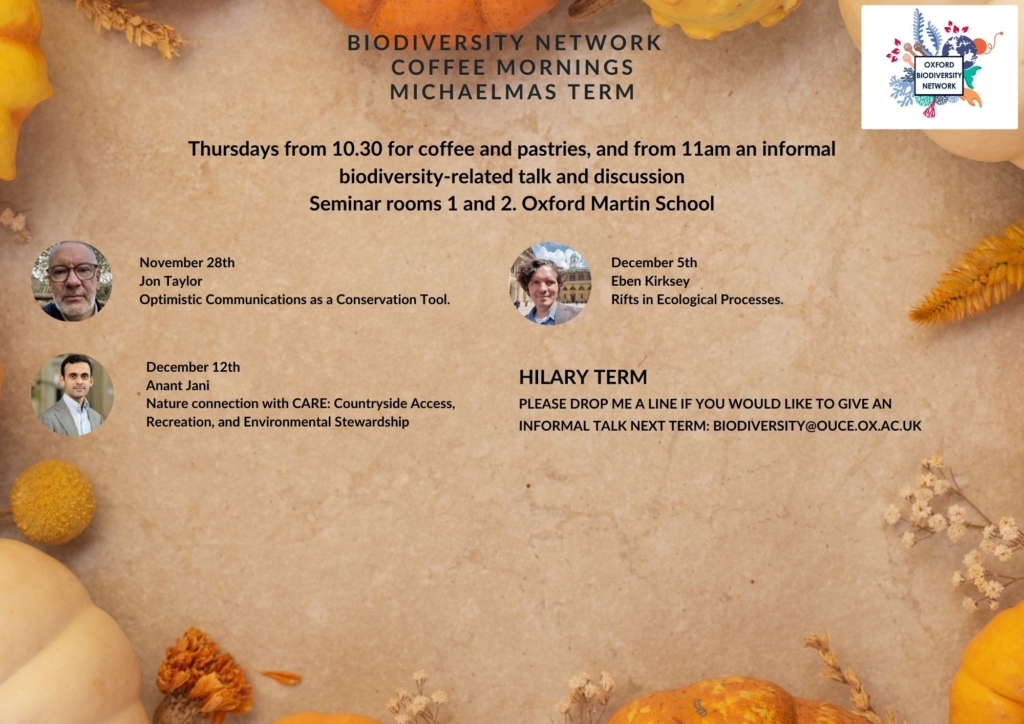
Thursdays from 10.30 for coffee and pastries, and from 11am an informal biodiversity-related talk and discussion Seminar rooms 1 and 2. Oxford Martin School.
December 5th Would YOU like to give an informal presentation this week?
December 12th Anant Jani Nature connection with CARE: Countryside Access, Recreation, and Environmental Stewardship.
There is a drive to increase people’s exposure to nature through outdoor exercise and contact with nature given the many health and wellbeing benefits this provides. At the same time, however, there is also a need to ensure that nature is protected – there have been a number of incidences across the country, like the Sycamore Tree at Hadrian’s Wall being cut down, of undesirable actions and activities taking place, including damage to property and the environment.
In this talk, Anant will provide an overview and preliminary results from CARE (Countryside Access, Recreation, and Environmental Stewardship) – a Natural England funded project being carried out in partnership with Blenheim Palace, The Eden Project, Oxfordshire County Council and the Ramblers – to explore how we can increase nature connection in a way that also protects and enhances England’s natural places.
Other recent stories
